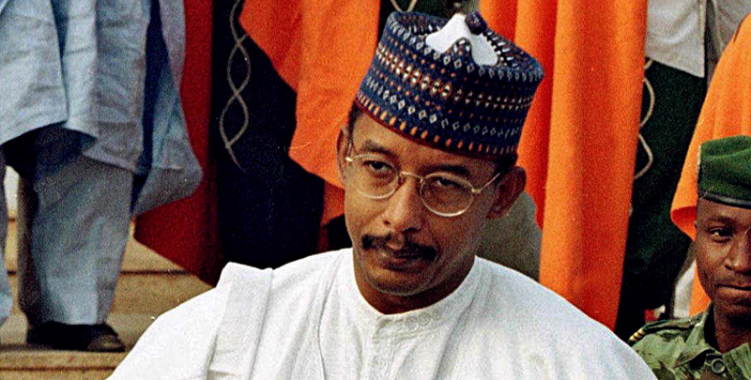The co-chair of the UN high-level panel on international financial accountability, transparency and integrity (FACTI), Ibrahim Mayaki, argued this Thursday, in an interview with Lusa and other media outlets, that civil society and the free press have "extremely important" roles so that the truth is not hidden or covered up.
"What I can say from my African point of view, is that the increase in press freedom in virtually all African countries is very relevant," said Ibrahim Mayaki, considering the "instruments" that the press has to "understand how illicit financial flows create the outflow of resources."
Ibrahim Mayaki, executive director of the African Union Development Agency (AUDA-Nepad), was responding to a question from Lusa on how the situations of Mozambique and Angola can be improved after the "hidden debts" scandal and the "Luanda Leaks" investigation, respectively.
"The [Mozambique's] debt was hidden because the information was hidden. To prevent information from being hidden, the role of civil society is extremely important. Civil society actors should get involved in looking at how the government operates and how transparent it is," explained the former prime minister of Niger (1997-2000).
"Looking at what is happening now in Mozambique, in terms of law enforcement and the role of the judiciary, there is an absolute determination in that regard," Ibrahim Mayaki considered, stressing that all governments must be held to account and brought to justice if necessary.
"The same is happening in Angola" continued the United Nations and African Union expert.
"When President João Lourenço came to power, [corruption] was the first major dossier that he attacked and took into account," he added.
In Angola's case, what weighed most heavily were the "networks of agents around the world, who facilitated illicit flows. That's what we call intermediaries," he said, pointing out that a new report by the FACTI panel includes recommendations on how to deal with financial crime intermediaries.
Last year, the International Consortium for Investigative Journalism revealed more than 715,000 files, called "Luanda Leaks," which detail alleged financial schemes that have allowed businesswoman Isabel dos Santos and her husband, Sindika Dokolo, who has since died, to take money from the Angolan treasury through tax havens.
According to the Organization for Economic Cooperation and Development (OECD), illicit financial flows cover several distinct types of activities, such as money laundering, terrorism financing, bribery and corruption, tax evasion and repatriation of assets or resources.







